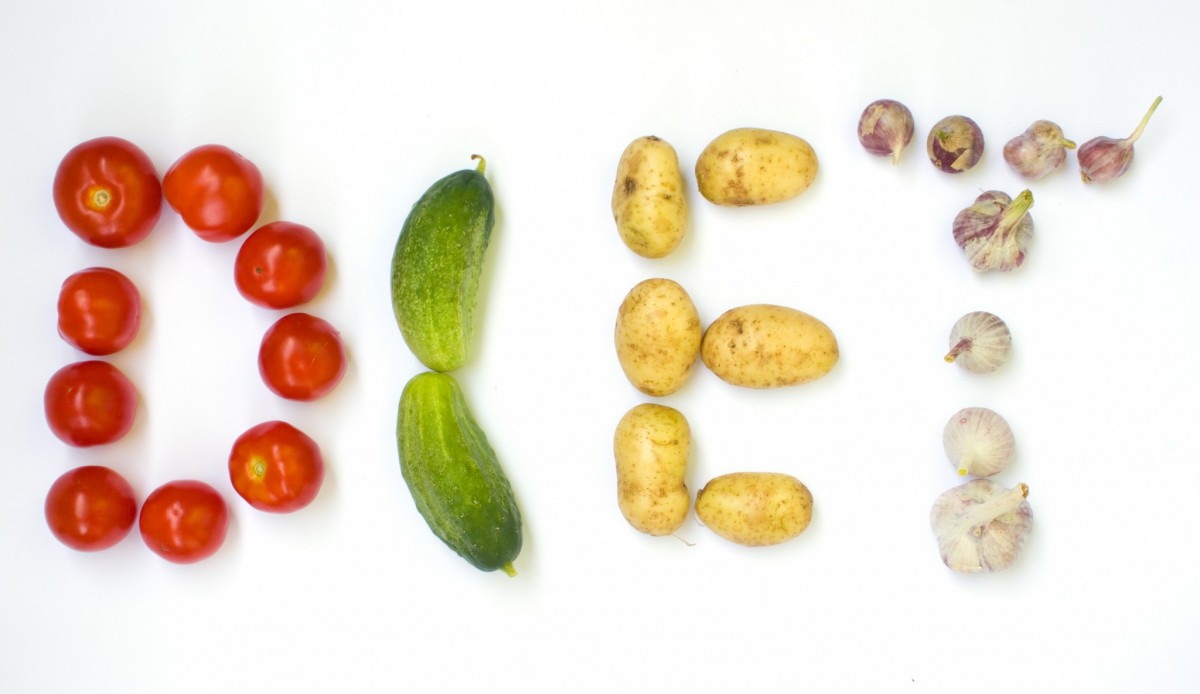I love food. I have a fairly adventurous palate and try to be open to new culinary experiences. But like many Americans, my relationship to food is complicated and has undergone many permutations. I grew up in a strict vegetarian/skewing towards vegan household that perceived food as both curse and cure. Diet could either nurture boundless, superhuman health or leave you mired in sickness and mediocrity. Good foods were encouraged and bad strictly outlawed. Cow dairy – no way. Candy – unheard of; I wasn’t allowed to go trick or treating until I was ten. My go-to snack as a kid was frozen peas. Yep, frozen peas.
This chasm between my perception of healthy and unhealthy started with my parents, but soon became firmly entrenched in my being. I tried every popular diet in the book in pursuit of health and happiness: vegetarian, vegan, raw food, gluten free, Paleo, Whole30. Not to mention a slew of weight-centric diets like South Beach, Weight Watchers and those “Lose 10 lbs. in 30 Days” meal plans in women’s health magazines.
As many before me have testified, it was never enough. I would follow diets to the letter for a few days, slowly getting more bored and hungry, until inevitably appetite would trump willpower.
This isn’t to say I had a deprived upbringing. My parents helped instill in me an appreciation of fresh, unprocessed food. I’ve naturally discovered that eating tons of sugar and bread leaves me feeling bloated and unsatisfied. I’m much happier if I balance these items with lots of fruits and veggies.
Slowly, dieting has been replaced by just eating. Eating to feel good, whether that means a simple salad or a cheese plate shared with friends. Eating for energy, so I can break a personal record in CrossFit. Eating because food is delicious and satisfying, and enjoying food is part of being alive.
And I’m not the only one who feels this way.
It’s no wonder so many people struggle to define the characteristics of a healthy diet; scientists can’t seem to figure it out either. Our greatest health problems today relate to overeating, which requires complex analysis of diets and other lifestyle behaviors. Determining specific risk factors is enormously challenging. As a result, nutrition science is messy and full of flaws.
As Maeve E. Gearing from the Urban Institute writes, “Every week, it seems a new smoking gun – fat, sugar, caffeine, etc. – is identified, but each new culprit brings its own uncertainty.”
Into this state of confusion enters the federal dietary guidelines, recommendations which can potentially influence the diets of millions of Americans. Every five years, the Agriculture and Health and Human Services Department drops a new set of guidelines and the effects ripple through the American landscape.
It’s not that the content of these guidelines is unusual or groundbreaking; rather, this year’s push for Americans to cut back on sugar consumption reflects an issue that’s been trending in popular culture for years. With the rise of protein and produce-focused diets and the public perception of refined carbs as villainous, sugar is currently dietary enemy No. 1. The federal guidelines took a firm stance, urging Americans to “limit added sugars to 10 percent of daily calories,” an imperative pretty much everyone can get behind. The advice echoes statements from the World Health Organization which cite evidence that “lowering added sugar could reduce the risk of obesity, heart disease, Type 2 diabetes and some types of cancer.”
Less predictable was the directive for men and boys to reduce protein consumption, although this declaration was fairly vague, stating only “Some individuals, especially teen boys and adult men, also need to reduce overall intake of protein foods.” Some believe, given the recent studies which have implicated red meat as a carcinogen, this statement is not strong enough. Others claim that meat and its long associated cohort, saturated fat, are not the health hazards each has been portrayed to be, and deserve reconsideration.
Some groups are calling for the creation of multiple sets of dietary guidelines for our diverse population, arguing that in this case, there’s no way one size fits all. Others continue to ask for rigorous experimentation, in hopes of discovering a better solution.
In short, nutrition is a world divided.
So what can you do when you’re constantly faced with conflicting studies and ideas? For me, it’s less about following the perfect diet and more of a focus on real food; on eating what makes you feel good, in a way you can feel good about. To quote the wise Lena Dunham, “Diet is a four-letter word.”
By Ashley Greco


